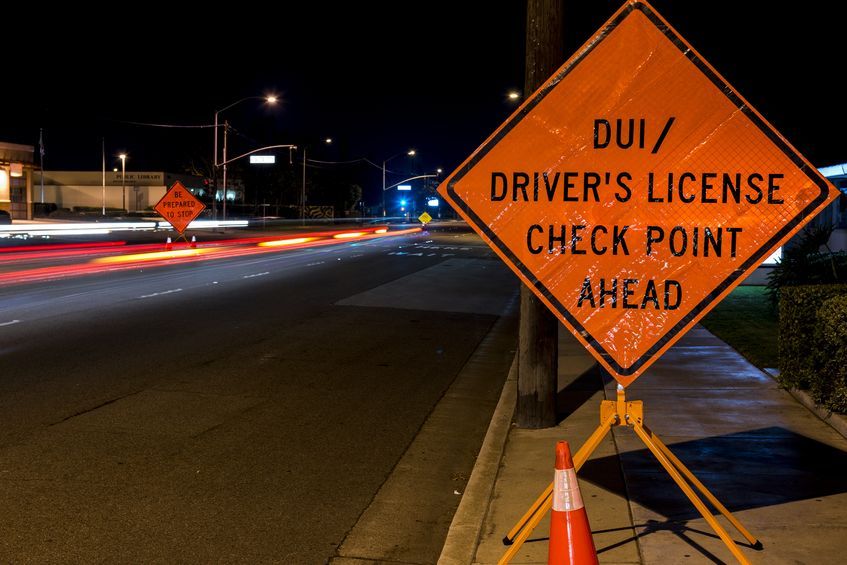3 important stages of a drunk driving arrest
In most drunk driving arrests, there are three primary events that happen. If there are problems with how any one of these stages of your DUI arrest, you may be successful in fighting the charges against you with the help of an experienced drunk driving attorney. In your own case, these three components are important, and your lawyer will likely examine them closely to make certain that they were conducted properly.
1. Reasonable suspicion for your stop
With the exception of DUI checkpoints, law enforcement officers must have a reasonable and articulable suspicion to stop your vehicle. The police offer must have a reasonable belief that you have committed or are committing an offense that provides a valid basis for your stop. Officers are not allowed to pull you over simply because they have a hunch that you might be committing an offense. Their suspicion must instead be articulable. For example, a law enforcement officer may pull over your car because you weaved across the lines of your lane, were speeding or because you committed another traffic violation. The officers can’t just pull you over because they want to.
The exception to this basic rule is a DUI checkpoint. Law enforcement agencies are able to use DUI checkpoints to perform random checks for drunk drivers without having any other reason to stop the people who drive through them. Checkpoints must be publicized in advance, and the officers must have a system by which they randomly select vehicles. For example, the officers manning the checkpoint might have a predetermined decision to choose every sixth vehicle.
2. Voluntary field sobriety tests
When you have been pulled over, the law enforcement officer will make observations of you. If he or she believes that you may have been drinking, the officer might ask you to step out of your vehicle to perform field sobriety tests. There are three standardized tests that are meant to help the officers determine whether or not you are too intoxicated to drive. If you fail the tests, you will be taken into custody and transported to the police station to take a breathalyzer test. It is important to note that the field sobriety tests at the side of the road are voluntary, which means that you do not have to perform them.
3. Breathalyzer tests
Unlike the field sobriety tests, taking a breathalyzer test is not voluntary. If you refuse to submit to it, your driving privileges may be automatically suspended. When you take the breathalyzer test, you will blow into a machine that will measure the chemical composition of your breath for alcohol. Registering a blood alcohol concentration of 0.08 percent or higher will be enough for you to be formally placed under arrest for drunk driving.
If you are facing a drunk driving charge, it does not necessarily mean that you will be convicted as charged. Your DUI lawyer may investigate the different components of your particular case to determine if the officer completed them properly. If your attorney finds problems with how your stop was completed or how the evidence was gathered in your case, it may be possible for you to win dismissal of the charges or to secure a plea to a lesser offense.




